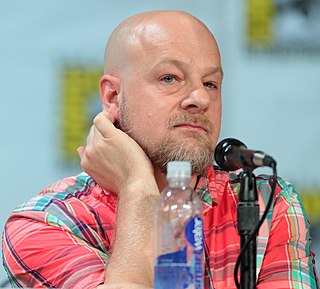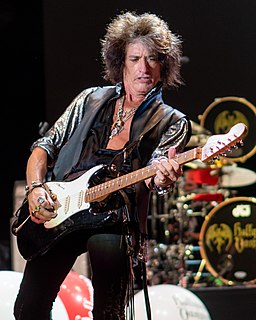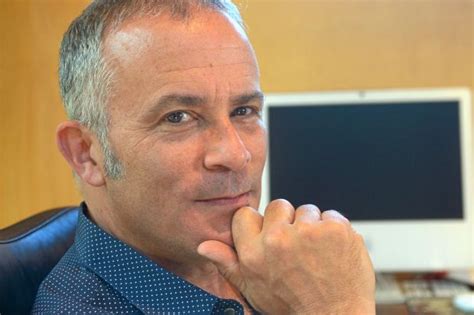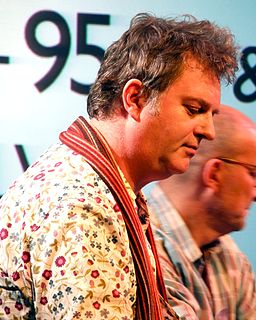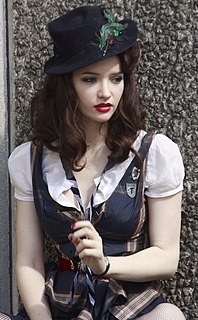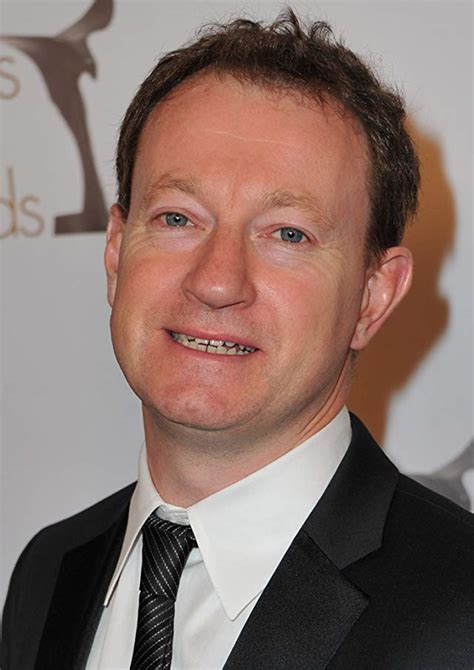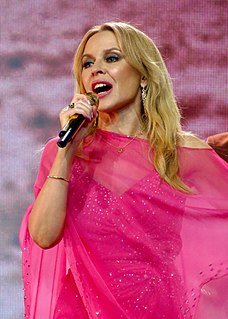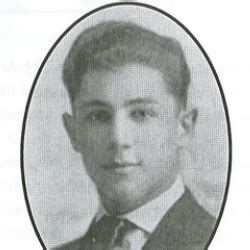A Quote by James Ivory
My 22-minute film, which I called 'The Sword and the Flute', turned out to be a romantic film about India made by someone who had never been to India, but who already had very romantic feelings about everything Indian.
Related Quotes
Indira Gandhi had been this very powerful, dominating, ambiguous mother figure. Ambiguous because she was tyrannical, she had imposed...she had suspended Indian democracy for a few years but she also was the woman who had defeated Pakistan in war at a time when most male politicians in India had secretly feared fighting that war, so that here in India even today Indira Gandhi is called by Indian nationalists the only man ever to have governed India.
On one level, this was the biggest challenge out there - to make a film of this scope, in this amount of time, and to go into a different genre, essentially. Yes, I've done a vampire film, but 'Eclipse' is a very different kind of thing. This is a romantic story, which swings from a darker, more abject feeling to very pure romantic scenes.
I think - since I was about 7 years old - that was when I was first introduced to the comics called 'Amar Chitra Katha' that are published in India. They're not about a superhero, but they encompass all the stories of India, the folklore, the mythology, everything. But most of these stories are about Indian historical figures.
There's something magical about film, it's the ultimate for me, because it's kind of permanent - inasmuch as anything is. When I went to see Buster Keaton when I was about 14 and I came out of the cinema having really laughed at this film which had been made 50 years before, I thought: That's immortality. It's fantastic.
My dad is Scottish, and he read in the newspaper about the plight of the Scottish Freshwater Mussel, which is a real thing - like, a very real, serious conservation issue. And he's a writer, and he was going to do a film about a Glaswegian gangster, and then I stole the idea and turned it into a romantic comedy.
I learned to stop being English about things like love. If you make a film in England about love, it's hugely complicated. It's all about saying what the weather is like, and you're secretly telling someone you love them. You know what the English are like; they're very repressed people. You don't get that in India. India is incredibly un-cynical about love. It's a not a complicated thing. It's me, you, love. Let's go.
When I started, there was something almost romantic about the notion of paparazzi. I mean, it wasn't. They were still chasing you down the road. But that guy had to put film in his camera and work out whether it was worth pressing the button to take the shot, otherwise he's got to stop and change the film. So it was like this age of innocence.




